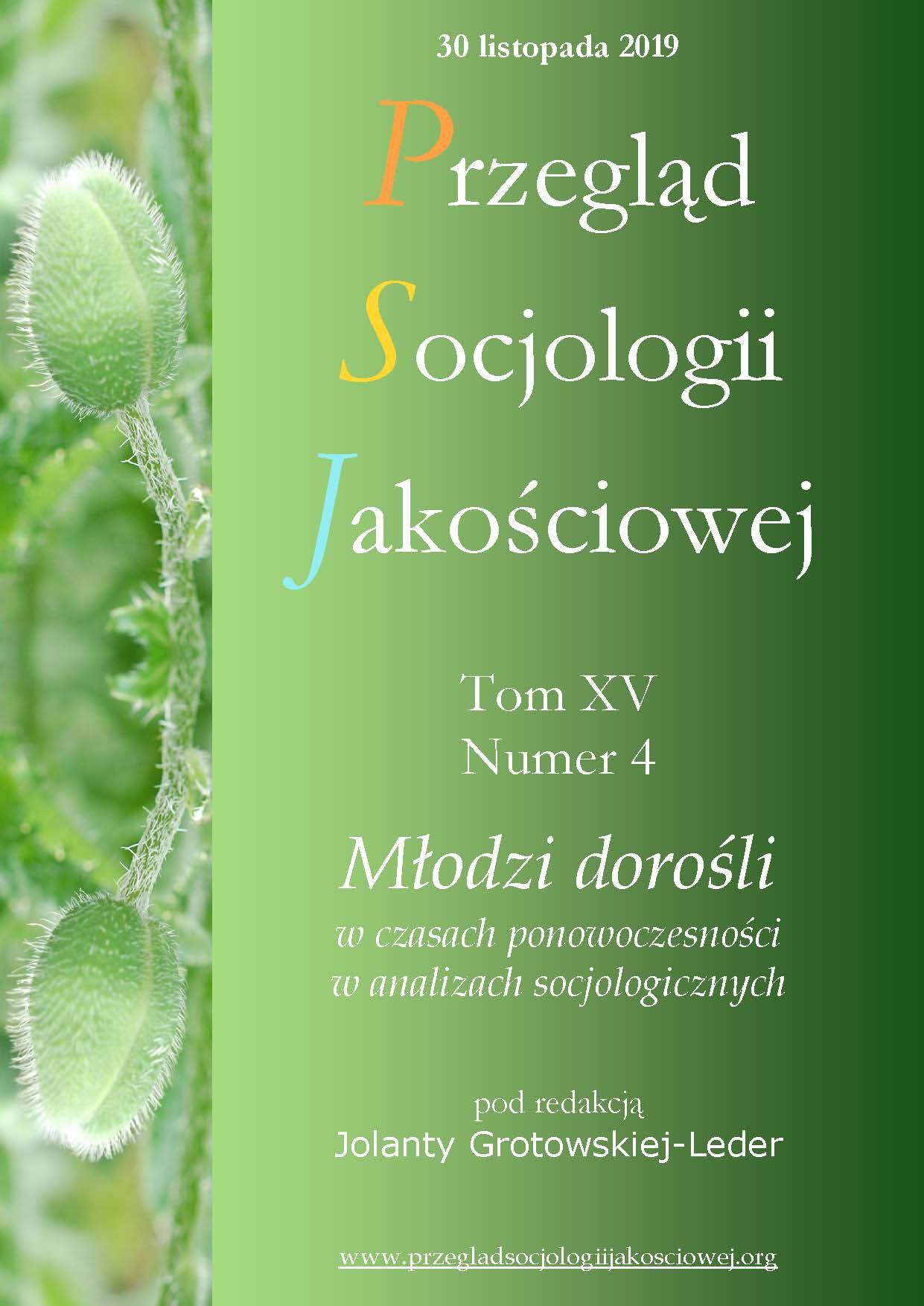Emerging Adulthood: An Intersectional Examination of the Changing Life Course
Emerging Adulthood: An Intersectional Examination of the Changing Life Course
Author(s): Shauna A. MorimotoSubject(s): Social Sciences, Adult Education, Family and social welfare
Published by: Wydawnictwo Uniwersytetu Łódzkiego
Keywords: emerging adulthood; intersectional analysis; life course; adolescence
Summary/Abstract: This article draws on qualitative data of U.S. high school students considering their place in the adult world; the purpose is to investigate Jeffrey Arnett’s (2000) concept of “emerging adulthood” as a new stage of life course. Drawing on interviews and observational data collected around the time when Arnett’s notion of emerging adulthood started to take hold, I use intersectional interpretive lens in order to highlight how race and gender construct emerging adulthood as high school students move out of adolescence. I consider Arnett’s thesis twofold. First, when emerging adulthood is examined intersectionally, young people reveal that – rather than being distinct periods that can simply be prolonged, delayed, or even reached – life stages are fluid and constantly in flux. Second, since efforts to mitigate against uncertain futures characterizes the Millennial generation, I argue that the process of guarding against uncertainty reorders, questions or reconfigures the characteristics and stages that conventionally serve as markers of life course. I conclude that the identity exploration, indecision, and insecurity associated with emerging adulthood can also be understood as related to how the youth reveal and reshape the life course intersectionally.
Journal: Przegląd Socjologii Jakościowej
- Issue Year: XV/2019
- Issue No: 4
- Page Range: 14-33
- Page Count: 20
- Language: English

